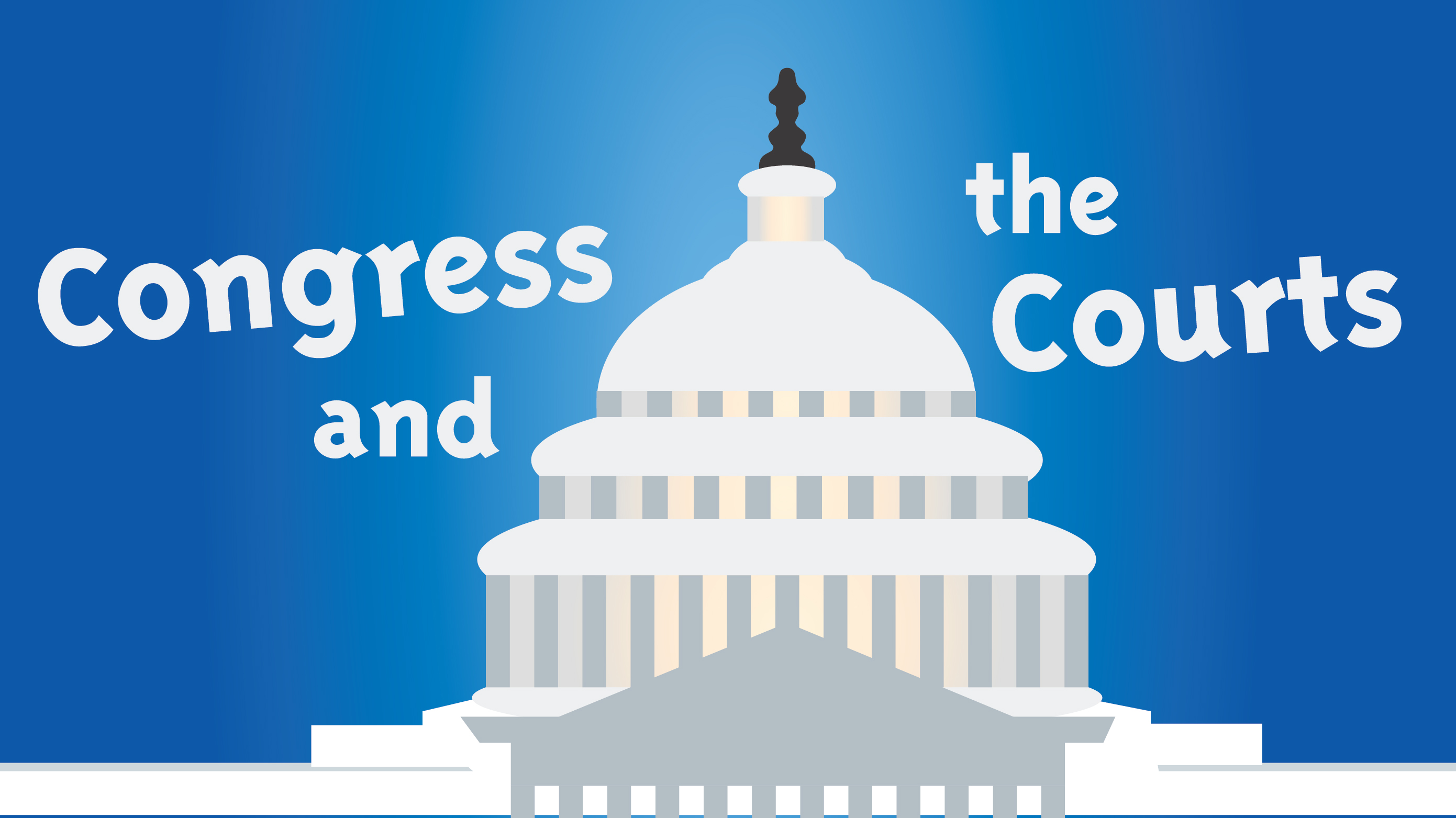
Sports betting case in SCOTUS
By: Connor McNairn, Columnist
When thinking of Supreme Court cases, one likely imagines dense arguments pertaining to congressional districting, copyright disputes, free speech violations and more. But on Monday, Dec. 4, the Court is set to hear cases on sports gambling that are sure to redefine the role of federalism in contemporary legal battles.
The cases – Christie v. National Collegiate Athletic Association and New Jersey Thoroughbred Horsemen’s Association v. National Collegiate Athletic Association – revolve around a challenge from New Jersey, contending that sports betting should not be limited to particular states by the United States Congress. According to the Professional and Amateur Sports Protection Act (PASPA) of 1992, the majority of American state governments are not allowed to authorize sports gambling. Essentially, only Nevada retains the right to do so. Although this law forbids sports betting in other states, betting does occur illegally through underground betting networks.
In 2011, New Jersey voters approved a referendum that favored legalizing sports betting in the state. In response, the Third Circuit Court of Appeals, through a series of rulings, repeatedly denied New Jersey the opportunity to craft law that provides gambling opportunities to its citizens.
Given the procedural setting of New Jersey’s cases, it was quite unlikely that the Supreme Court would grant cert to the state. But in a surprising move this past summer, the Court did agree to hear the state’s argument.
Before the Court are cases that challenge the fabric of American federalism. In its current state, PASPA acts as a clear restrictor of states’ rights to oversee sports gambling. New Jersey very clearly carried out the referendum process and determined by a 2-1 margin that it wanted the right to authorize sports betting within the state.
The Court’s position on this matter is potentially illustrated through its welcoming of the issue. Because the Court decided to hear the cases following a series of major losses for New Jersey, one might conclude that the Court is rather sympathetic towards the state’s claims. Although precedent backs PASPA and Nevada’s monopoly, the decision, which will likely be handed down in late spring or early summer of next year, could deal a striking blow to the decades-old legislation.
For the Court to uphold the Third District’s decision, it would first have to overlook the $150-400 billion underground betting industry in the U.S. While the PASPA acts as a legal barrier against other states’ involvement in sports betting, it is rendered ineffective by underground industries worth billions of dollars.
Aside from the PASPA being relatively ineffective in halting outside gambling, a Court decision in favor of the legislation would pit Court against states’ rights – a predicament that would not portray the conservative judiciary positively.
For the Court, there really is only one appropriate decision: it must rule that the PASPA legislation is an unconstitutional extension of Congressional power. In limiting the ability of citizens in other states to participate in sports gambling, the Court only upholds an obsolete piece of legislation and blatantly undermines American federalism.
An alternative betting industry that undermines the PASPA already exists; why not legalize that industry and allow states to capitalize on the profits that such an industry might yield?

